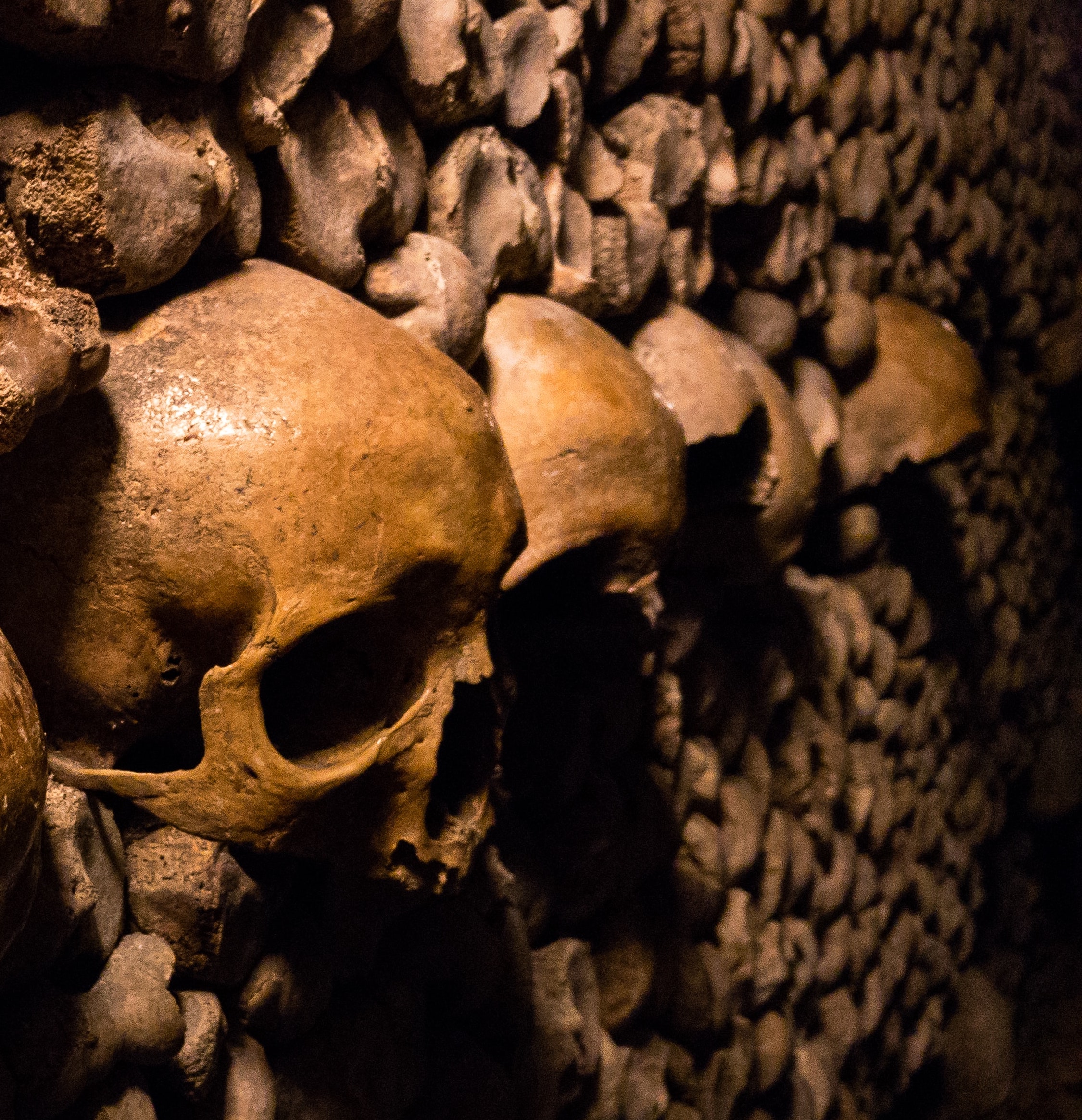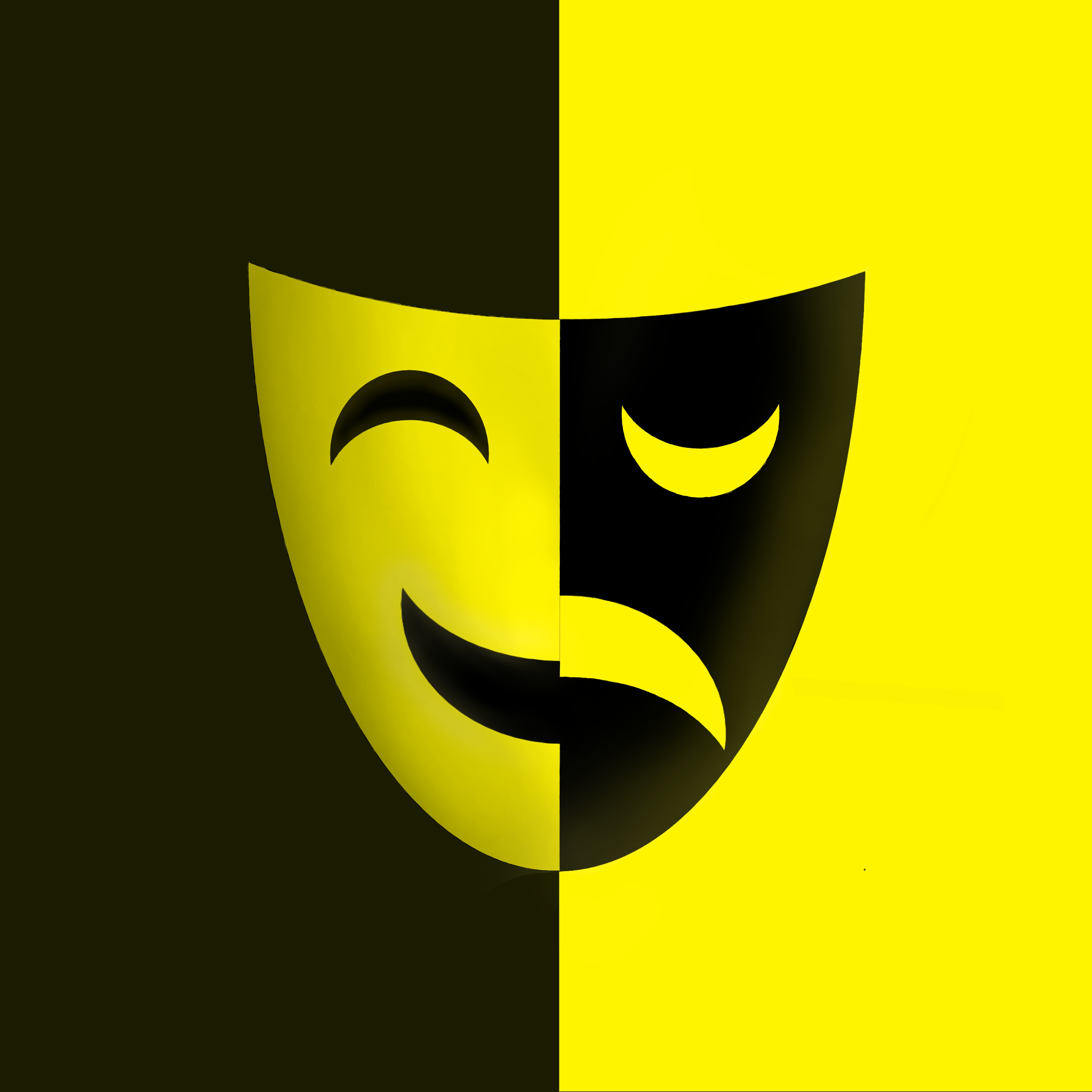General idea
The religion of Aškari is founded on the concept of unity, especially by uniting with the dark, unknown. As such the hierarchy is build from top to bottom, where high, light, sun is percepted as lesser compared to lower, dark, new moon. The idea of below being greater is deeply engraved in people's everyday lives. Bread from the bottom of the pile is considered of the finest quality, documents that wait the longest to proceed are processed with utmost care. Finally, the seats of most importance are situated in the furthest, lowest and darkest part of the dining hall.
Aškari religion is strictly matriarchal and generally speaking women hold higher position than men. This discludes physical work and all tasks involving physically demanding work, in which most men hold superior positions. Be that as it may, society does not initially give higher credit based on gender. Quite the opposite - depending on the position men or women are expected to fulfill certain standards. It is not thought of as disgraceful to not meet the expectations, but is most certainly frowned upon.
Hierarchy
Three entities are much above the rest: Ekletu - Darkness, Urru - Light, Day, Ašītu - Chaos. In this order they are treated when compared to one another. When compared to anything or anyone else, they are superior.
Higher deities
Ekletu - Silent Mother
Hers is the Darkness, depth, earth and silence. Hers is infinite motion and time, perfectly still defined past and perfectly immense future. Hers is unconscious and cultural unity, hers is mind and its integrity, hers is human body as a whole, hers are living, hers are dead.
Ekletu is the one, who unites. Over the centuries Aškari have learned that, though different all beings share similar traits, even when coming from different houses, countries or species. Peculiarity of this manifests in the interpretation - Aškari do not think of humans being better than animal or plants. There's nothing wrong with hunting, breeding and eating other people, but they must be shown respect. Traditionally all that is hidden, must be first sacrificed to Mother, by burying a choke-damped man with a sliced throat. Only after his blood seeps into the ground, other sacrifices can be consumed by the gathered in the ritual. The meat is consumed raw.
Ekletu is potraied as a pitch dark figure with spread arms, often with robes and hood that hides her face in shadows. It is thought disrespectful to depict Mother with a face, as if it acquires form, the unity with darkness is lost. Common natural landmarks belong to Mother - caves, deep and dark forests, ocean depths, wells.
Urru - Separate Father
His is Light and Day, the high and bright. His is voice and touch, his is conscious and any thought. His is every bone, nerve and drop of blood in our bodies. He separates and distinguishes. His is the fleeing moment in the present, his is the sword that cuts the eternal motion. His are the beings as individuals and his are the differences they manifest.
Urru is the one, who indivualizes. Father of Light, Day and Sun. He wields the Sword of Separate, for which he is often called the Separate Father. As such he is the ruler of all ideas that are unique and differentiated: physical objects and living creatures, every mountain and tree, every hair of wool, and the skin as an object. That said, Urru has the power to divide two beings and to him are directed prayers for safety of birth. All disputes and prayers for a situation to meet its end, be it wars, couples, grain from wheatear are sang to Urru.
Urru is seldomly portrayed as a person. Most often he appears in the symbolic form, e.g.:
- singular - as a Sword, short knife, a glowing edge of a weapon
- plural - as a collection of symbols refering to individuality: repeated patterns like fractals, a bouqet of many different, flowers, one of each






I love the subversion of darkness and seated or placed lower being desirable, rather than the other way around. The three gods sound really interesting too - I love all the different things they represent. Such an interesting panthoen, and I love the small bit about the catacombs too. Grammatical note - either 'she' or 'hers' would work better than 'her' in the first paragraph about Ekletu. It depends if the things belong to her or if she is the thing. 'Her is the Darkness' could be either 'hers is the darkness' or 'she is the darkness.' The same for Urru, but 'his' works if the things belong to him, and 'he' if he is the thing.
Explore Etrea | March of 31 Tales
Ouch, thanks for pointing this out. I'm glad you like it. ^^